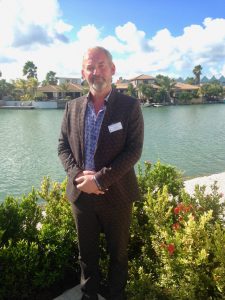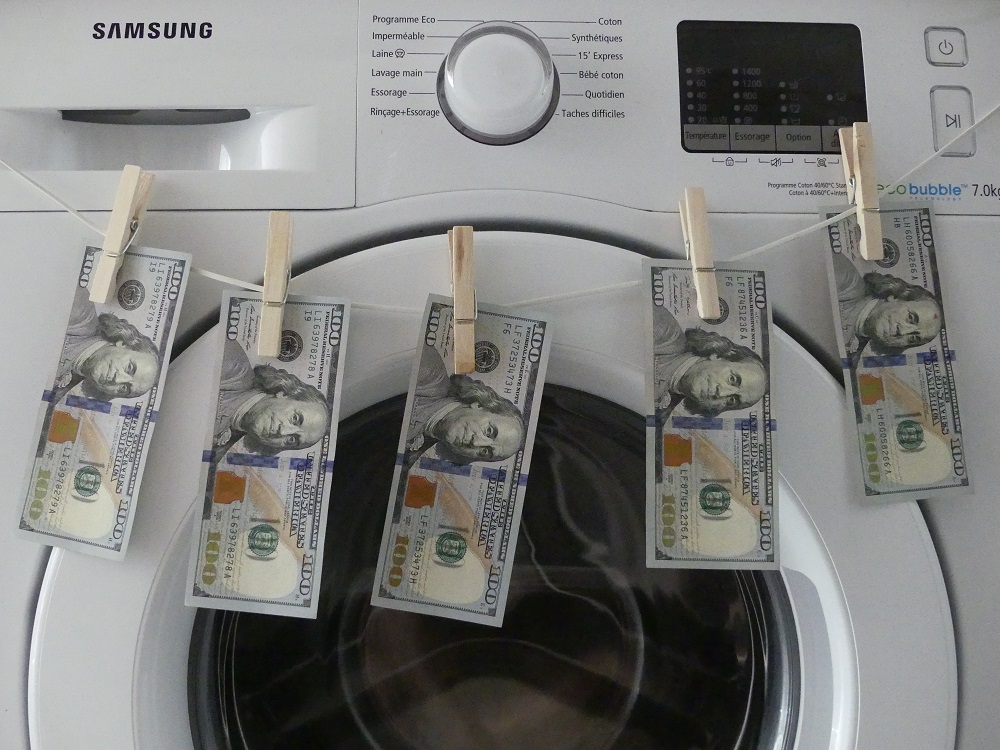Bonaire: hot spot for money laundering
 KRALENDIJK – Politicians and entrepreneurs in Bonaire have to be alert on investors that come with beautiful plans, Gijs van den Heuvel writes on Caribisch Netwerk. The island is attractive for people who want to launder money they made with criminal activities.
KRALENDIJK – Politicians and entrepreneurs in Bonaire have to be alert on investors that come with beautiful plans, Gijs van den Heuvel writes on Caribisch Netwerk. The island is attractive for people who want to launder money they made with criminal activities.
This appeared this week during an conference about the risks of money laundering via the real estate sector on the island. The Financial Intelligence Unit and the Public Prosecutor’s office organized the conference. They estimate that millions of dollars are laundered through Bonaire.
Chief Prosecutor Henry Hambeukers explained why Bonaire runs such big risks. “Apart from the general economic development there are large price differences in real estate and Bonaire is for a large part a cash economy. This is a migration region with economic power of attraction. That makes the risk for Bonaire significant.”
The conference targeted so-called gate-watchers – financial service providers like real estate agents, banks and notaries, but also organizations like the Chamber of Commerce, the government and the Cadastre. The Financial Intelligence Unit and the Public Prosecutor’s office wanted to share their know-how with the approximately seventy participants in an effort to make them more alert.
The reporting duty for unusual and suspect financial transactions is beautiful, Hambeukers said, but prevention is better than tracking these transactions down after the fact. “You can still stop it.” he told his audience. “Sound the alarm because we are not seeing this automatically.”
One of the experts present, project-leader Michel Pollé of the real estate hotline at the Fiscal Information and Detection Service (FIOD) illustrated the money laundering practices with a couple of examples. “If a criminal wants to bring his money into the legal economy, he makes it, for instance, look like he is making a lot of money with his company. Real estate is a good instrument for it.”
Citizens can also be affected by money laundering, Pollé said. “A store can be pushed put of business by a criminal who is able to sell the same products at much lower prices. “After that his prices will go up, because there is no more competition. That is bad for the local economy. Furthermore you run the risk that someone like that obtains political power. At a certain moment it is no longer possible to identify where his money was coming from.”
Chief Prosecutor Hambeukers hopes that the conference has made politicians, entrepreneurs and service providers aware of the risks. “If an investor arrives saying that he will beautify the island and that he will create employment, you will of course say that he is welcome. But if you do things correctly, the government will also ask who he is and where he got his money.”
Top photo caption: FIOD-expert Michel Pollé. Photo Carbisch Netwerk / Gijs van den Heuvel.

Photo caption: Bonaire – like St. Maarten – is a prime target for money laundering. Photo Hilbert Haar.


























